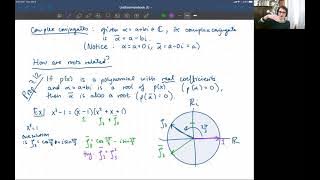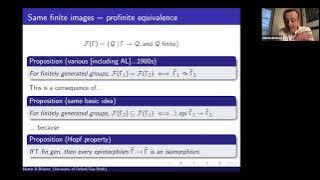Theorems about prime numbers | Articles containing proofs | Uniqueness theorems | Factorization
Fundamental theorem of arithmetic
In mathematics, the fundamental theorem of arithmetic, also called the unique factorization theorem and prime factorization theorem, states that every integer greater than 1 can be represented uniquely as a product of prime numbers, up to the order of the factors. For example, The theorem says two things about this example: first, that 1200 can be represented as a product of primes, and second, that no matter how this is done, there will always be exactly four 2s, one 3, two 5s, and no other primes in the product. The requirement that the factors be prime is necessary: factorizations containing composite numbers may not be unique (for example, ). This theorem is one of the main reasons why 1 is not considered a prime number: if 1 were prime, then factorization into primes would not be unique; for example, This theorem generalizes to other algebraic structures, in particular to polynomial rings over a field. These structures are called unique factorization domains. (Wikipedia).


















